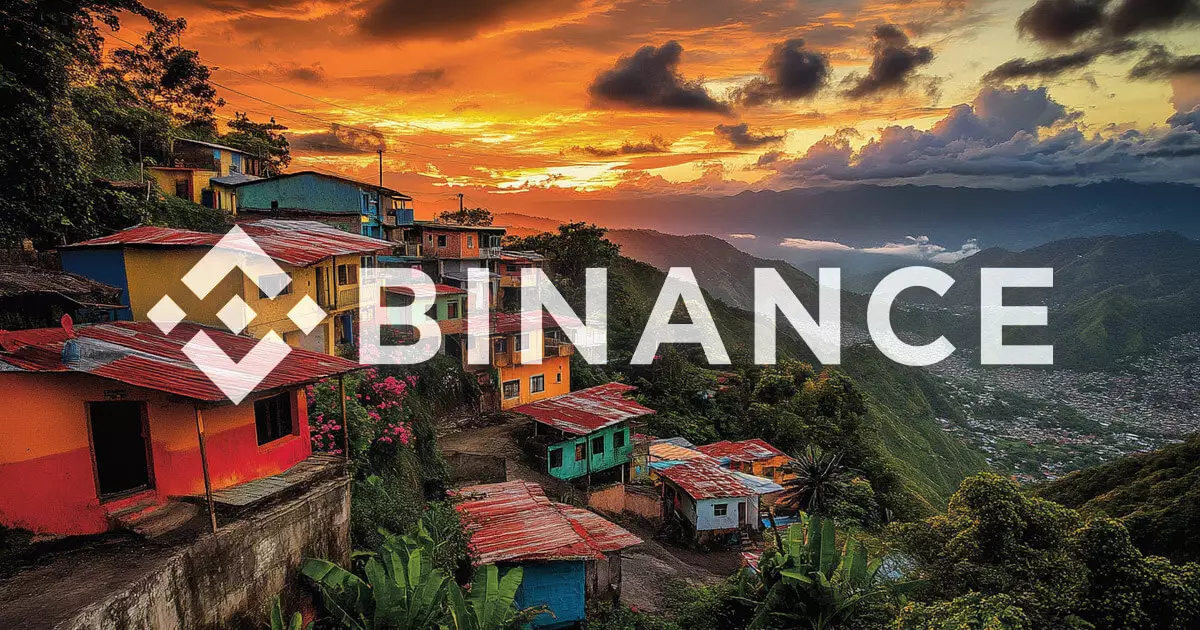Recently, Binance confirmed that the Venezuelan government has placed restrictions on access to its website following the controversial presidential election results. This action has impacted several websites of companies in Venezuela, including social networks.
Despite the restrictions, Binance reassured its users that their funds remained secure and that the situation was being closely monitored. As the largest crypto exchange by trading volume globally, Binance plays a crucial role in Venezuela, particularly in facilitating peer-to-peer transactions of stablecoins like USDT and Bitcoin due to the severe devaluation of the local currency, the bolivar.
In response to the restrictions, local group VE sin Filtro recommended that Venezuelans use a virtual private network (VPN) to bypass the blockade on the crypto platform. However, some individuals have expressed concerns about using such tools and whether it could have a negative impact on their accounts on the crypto exchange. Journalist Jose Antonio Lanz questioned Binance’s policies and whether they were being applied equally to users from different countries.
President Nicolás Maduro also imposed a 10-day ban on the social media platform X, accusing owner Elon Musk of “inciting hate and fascism.” This ban followed the announcement of Maduro’s victory in the election, which was contested by the opposition. Despite the ban, the opposition continued to challenge the election results by publishing information on their candidate’s victory.
The restrictions imposed by the Venezuelan government on Binance and the social media platform X highlight the challenges faced by companies operating in politically volatile environments. The actions taken by authorities have raised concerns among users and have prompted questions about the impact on financial activities and freedom of expression. It remains to be seen how these restrictions will be resolved and the implications they may have for the crypto community and social media users in Venezuela.



















